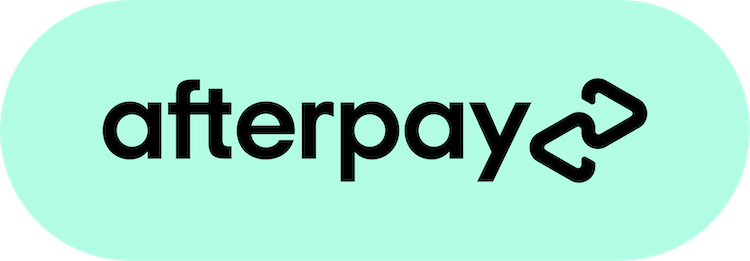Buy now, pay later

Afterpay lets you buy now and pay for your purchase in 4 equal installments every 2 weeks. Interest free.
1 ⋯ Select Afterpay as your payment method at checkout.
2 ⋯ Log in or create a new account through Afterpay.
3 ⋯ Your purchase is instantly approved. Pay fortnightly and enjoy your purchase straight away!
Made Good Returns Policy applies. Please refer to Afterpay T&Cs for more information.

Sadly Laybuy is no longer available as a payment option due to recently being placed into receivership
We understand this may be inconvenient, and we apologise for any disruption this may cause. We're currently exploring alternative payment methods to offer you a smooth checkout experience.
Don't worry, you can still checkout smoothly! We offer alternative payment methods like AfterPay and the usual options like Apple Pay, PayPal, credit and debit cards.





